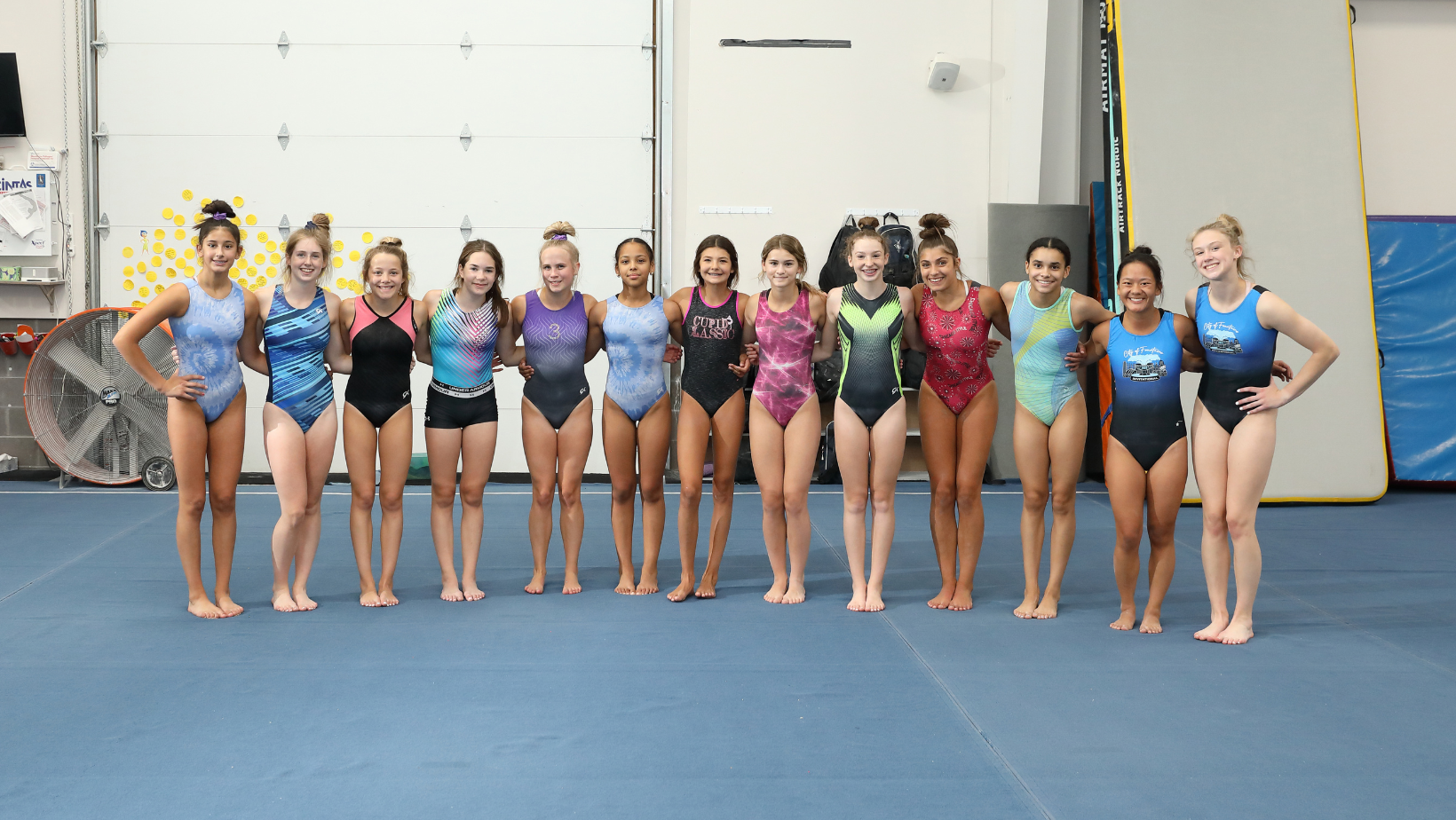“As a pediatrician for hundreds of families (both athletes and non athletes) as well as the team physician for several different sports, I have watched the dynamics between athletes, coaches, and parents for many years. Some athletes “burned out”, some did well and reached their sport goal, and some earned a college scholarship or placement on the USA National Team, Olympic Team, or a Professional Team. From an outsider looking in, it’s often easy to point out “what makes a great athlete” (hard work, persistence, talent, sacrifice, attitude, etc), but it’s not as easy to point out “what makes a great parent.” Yet time and again, coaches, doctors, and
psychologists have found very similar qualities in the parents of highly successful (and happy) athletes. Below is a list of some traits and strategies I have found consistent in “Premier Parents”!
Whether you are a new parent to the sport or a long-time veteran, I hope we can all agree that there’s always something to learn and we (parents, coaches, medical team, spectators), like the athletes, can constantly aim to improve. Perhaps one (or more) of these points will confirm your current strategy or initiate a positive change. This is by no means an attempt to tell you how to parent, rather it is a list of ‘pearls’ and ‘what I’ve noticed from watching successful parent/athlete relationships’ over the last 25 years as a Team Doctor.” - Randy Goldstein
A Top Ten List for the Premier Parent:
- LOVE your child everyday - Good day or bad, they need your love and support. It's your most important job - and no one else will do it as well as you!
- You are the "GOOD COP!" - Let the coach be the "tough guy" when necessary. No matter what level, what club, or what coach your child has next season- you are the constant. Let your child know you are their best advocate.
- Trust the Coach - The coach has a curriculum, goals, and the experience of coaching dozens of athletes before yours to get your child to their highest potential. Supporting the coach’s strategy reduces the chance for confusion.
- Stick to the plan while staying positive - Don’t be ruled by emotions. Watch for individual progress, not what your child’s teammates are doing. Your child may seem “behind” or “ahead” of their team mates. This can change like the weather! It takes one or two seasons to judge improvement and success- not one or two competitions.
- Your child is an expert at reading your emotions - Anxious parents make anxious kids! Stay calm, you have the power to help keep your child calm and you have that same power to make them nervous.
- Your child is not perfect! - Failing (sometimes) is ok! Learning how to handle and overcome failure is valuable for sport, and life. The athlete (and parent!) learning how to accept feedback, praise, and correction from the coach is critical. A positive attitude will make it worth the risk to help your child find their true potential. Similar to learning to ride a bicycle, each new skill won’t be perfect in the beginning- it takes practice (and a few falls), a progression of steps, and many corrections to master. Encourage learning and improving (rather than perfection) to define success.
- Let your child take ownership - Find out your child’s goals and dreams. Don’t want it more than they do.
- Encourage habits that last a lifetime - Athletes gain many traits during sport that help them in adulthood such as team building, self-respect, hard work, achieving goals, time management/attendance, and more.
- Have fun, smile, it's a sport - Remember why you chose this for your child when they were young (exercise, making friends, learning a skill, fun, etc.). Now that the sport “means more”, don’t forget what “sport” really means!
- Stay in the moment - It is easy to always plan for the next competition, event, or end goal (such as a college scholarship). Looking ahead and making long term goals is great, but don’t forget how important it is to talk to your child about current achievements, staying happy, and experiencing the now. You are making memories and lessons that will last a lifetime.

Thomas Edison had dozens of failed inventions before he created the mass-produced light bulb! Abraham Lincoln lost 8 elections and had 2 failed businesses before becoming President of the United States. Think about the values they possessed to get to their overall goal. While supporting your athlete, remember promoting these qualities may help parenting, and being an athlete, more fun!
Dr. Goldstein
Proud medical partner of Pinnacle Gymnastics



